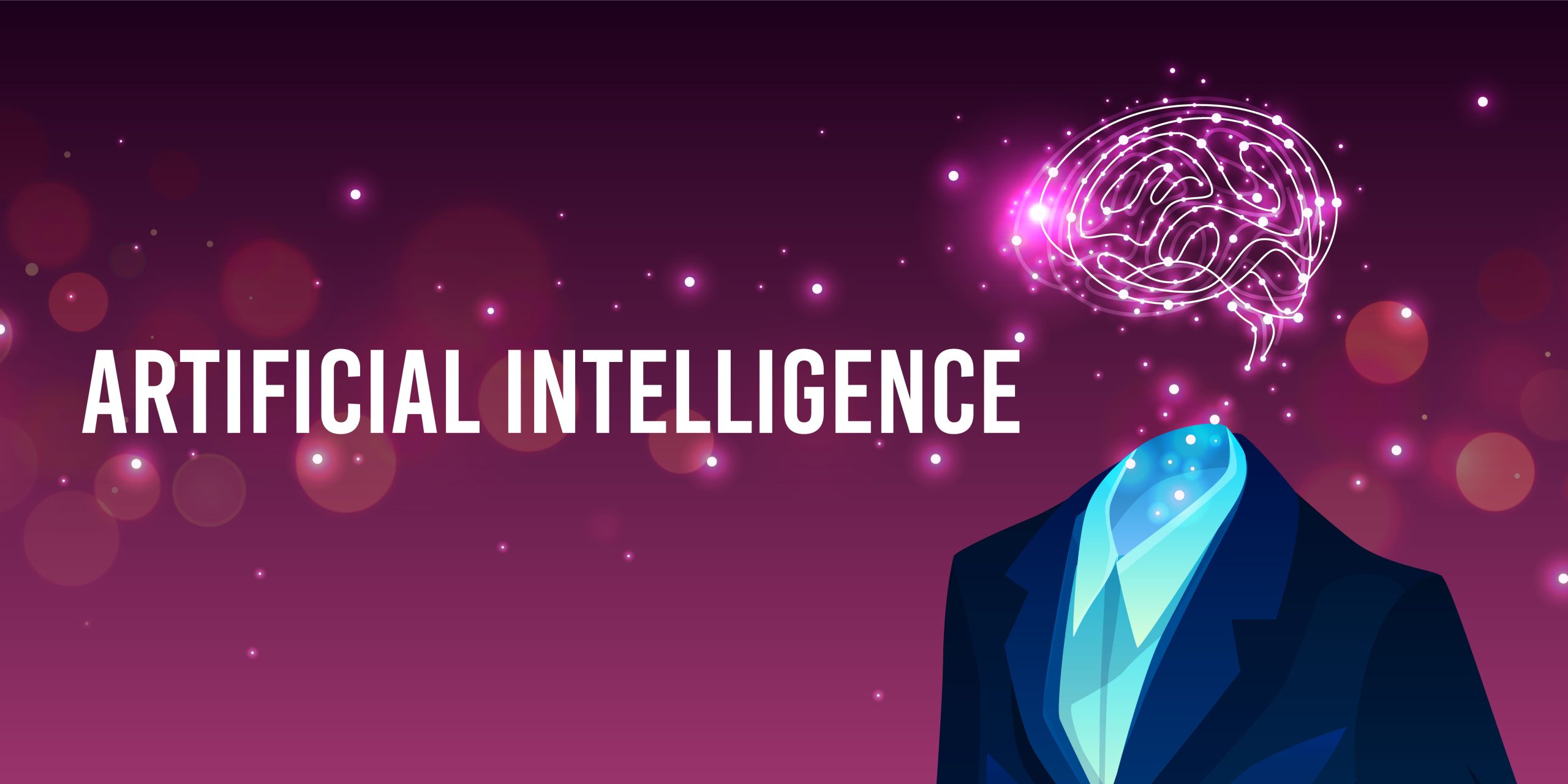Exploring the future of eLearning, AI is rapidly transforming how we approach education and training, promising advances that will reshape traditional methodologies by 2025. AI’s role in eLearning is not a mere upscaling of existing technologies but a reimagining of what learning can be. With AI, we’re seeing the rise of adaptive content that adjusts to the learner’s pace and comprehension level. This revolution is crucial for personalizing education experiences, ensuring that no two learning journeys are identical. As the demand for customized learning grows, AI is at the forefront, creating experiences that are as unique as each learner.
AI technologies are also enhancing eLearning through real-time insights, significantly benefiting both educators and learners. The ability to instantaneously understand and react to a learner’s needs allows for a more interactive and effective educational experience. This dynamic feedback loop means that educational material can be tailored on-the-fly, responding to the learner’s ongoing progress. The data-driven approach inherent in AI systems analyzes performance metrics to identify strengths and areas for improvement swiftly. This real-time adaptation is set to revolutionize how educators plan and deliver content, making education more responsive and efficient.
By 2025, eLearning will be synonymous with hyper-personalized training, thanks largely to AI advancements. Instead of one-size-fits-all models, learners will receive tailored training modules that reflect their individual learning paths. This personal approach does not only cater to academic content but extends into professional training, offering workforce development solutions that evolve with the learner’s progress. In such a system, training becomes more targeted and precise, matching the dynamic requirements of today’s fast-paced job markets. Hyper-personalization will become a vital tool for organizations aiming to maintain a competitive edge through more informed and capable employees.
Increasingly, AI-driven platforms enhance learner engagement by leveraging machine learning algorithms to understand and predict user engagement patterns. As these platforms collect more data, they become adept at identifying what keeps learners motivated. By integrating gamification techniques such as rewards and interactive challenges, AI keeps learners actively involved and eager to continue. This level of engagement is critical for sustaining interest and ensuring thorough comprehension. Such innovations dictate how content is presented, making it more relatable and enjoyable for varied learner demographics.
Furthermore, AI’s impact on eLearning extends to accessibility, breaking down traditional barriers to education. With AI, content can be translated and localized in real-time, providing educational opportunities to non-native speakers or individuals with disabilities. This transformative capability allows knowledge to transcend geographical and linguistic limitations, democratizing education at an unprecedented scale. AI technologies are refining speech recognition, language processing, and automated translation, widening access to quality education for diverse audiences around the globe. By making learning materials universally accessible, AI is closing gaps and creating an inclusive educational environment.
In the coming years, AI-driven analytics will empower educators by providing comprehensive insights into learning efficacy and learner progress. Educators can harness these insights to refine curriculum and pedagogy, ensuring that teaching methods are consistently effective and aligned with best practices. This evidence-based approach in education leads to improved learning outcomes and a higher return on investment for educational institutions and learners alike. Students benefit from a more tailored learning experience, while educators can sharpen their teaching strategies, knowing what works best across different learning contexts and cohorts.
As we approach 2025, it’s clear that AI is not just an enhancement to eLearning—it is the future of learning itself. By fostering adaptive, personalized, and engaging learning environments, AI is set to redefine how we educate and train the next generation. From adaptive content delivery to removing accessibility barriers, the integration of AI in eLearning is paving the way for a more inclusive, effective, and efficient education system. Embracing these trends now ensures readiness for the expansive possibilities that AI will continue to offer in educational technology and workforce development.
